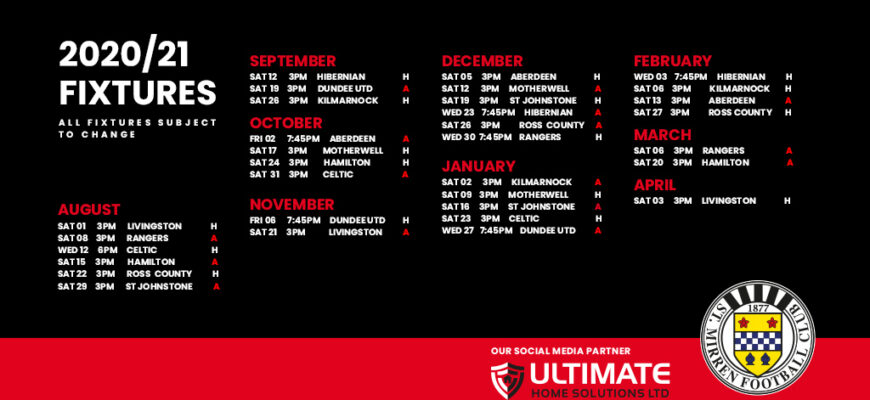The roar of the crowd, the tension of a penalty, the ecstatic celebrations—these are the hallmarks of professional football. Yet, beneath the surface of the beautiful game lies a labyrinth of logistics, regulations, and often, simmering discontent. The recent rescheduling controversies in Portugal`s Primeira Liga serve as a stark reminder that the drama off the pitch can sometimes rival the action on it, particularly when it comes to the seemingly mundane task of organizing match days.
Portuguese Puzzles: A Harvest Festival and a TV Schedule
Liga Portugal, the governing body of Portugal`s top football division, recently found itself defending its decisions to alter two key fixtures for the 7th matchday. The changes, affecting powerhouse FC Porto and fellow top-tier club Rio Ave, drew swift criticism, highlighting the delicate balance required in fixture management.
The Arouca-FC Porto Conundrum
The clash between Arouca and FC Porto, initially slated for September 28th, was pushed back by a day. The official justification from Liga Portugal? An “absence of minimal security conditions” due to a local Harvest Festival. One might pause to consider the juxtaposition: a centuries-old tradition celebrating the fruits of the land temporarily sidelining a modern, multi-million-euro sporting spectacle. While the league invoked “force majeure” and cited consultations with local authorities, police, and firefighters—and the failure of the clubs to find a mutual solution—the decision left FC Porto reportedly “indignant.” For a club with a rigorous domestic and international schedule, even a 24-hour shift can have significant ripple effects on player preparation, travel, and recovery.
Famalicão-Rio Ave: The Broadcaster`s Call
Meanwhile, the Famalicão-Rio Ave fixture saw the opposite treatment, moved forward from September 29th to the 28th. The reason here was more familiar to the modern sporting landscape: the “negative opinion” of the television broadcaster regarding the original Monday slot. After consulting the Permanent Calendar Commission and the involved clubs, the league proceeded with the change, again citing adherence to regulations. This particular instance serves as a pointed reminder of the pervasive influence of television rights and commercial agreements, which often dictate kick-off times and days more than any traditional sporting consideration.
The Unseen Choreography of the Calendar
While clubs may express frustration, the Liga Portugal, much like other major football leagues globally, operates within a complex web of constraints. Crafting a season`s calendar is less like drawing up a simple timetable and more like solving a multi-dimensional puzzle where every piece affects countless others. Consider the variables:
- Domestic League Demands: Ensuring fair rest periods between matches.
- National Cup Competitions: Integrating cup ties without overloading schedules.
- European Engagements: Accommodating UEFA Champions League and Europa League fixtures, which inherently prioritize major clubs.
- International Breaks: Respecting FIFA windows for national team duty, often leaving clubs without key players.
- Stadium Availability: Venues may be shared, or host non-football events (like, as we`ve seen, Harvest Festivals).
- Security and Local Events: The capacity of local authorities to manage large crowds, especially when other significant events are occurring concurrently.
- Broadcasting Rights: The often-dominant factor, dictating prime time slots to maximize viewership and advertising revenue.
It`s a job that requires the tactical acumen of a seasoned coach and the diplomatic skills of a peace envoy, all while being scrutinized by millions of passionate fans, critical club officials, and financially invested broadcasters. A slight nudge here can cause a significant ripple there.
“Force Majeure” and the Fine Print: A Necessary Evil?
The term “force majeure” often conjures images of natural disasters or widespread civil unrest. In the context of the Arouca match, a Harvest Festival might seem a rather quaint, perhaps even ironic, application of the concept. Yet, if local authorities genuinely cannot guarantee public safety due to conflicting events, a league`s hands are tied. Regulations are designed precisely for such unforeseen circumstances, providing a legal framework for decisions that, while inconvenient, are deemed necessary for the broader safety and integrity of the event.
“For a club with a rigorous domestic and international schedule, even a 24-hour shift can have significant ripple effects on player preparation, travel, and recovery.”
The challenge lies in managing the perception of fairness. When major clubs, with their substantial resources and demanding schedules, feel their plans are disrupted by what appears to be a lesser concern, the narrative quickly shifts from procedural necessity to perceived injustice. For the Liga Portugal, it`s a constant tightrope walk: enforcing rules while trying to appease its most valuable stakeholders—the clubs themselves.
The Unending Battle for the Calendar
Ultimately, these Portuguese examples are not isolated incidents but symptomatic of a universal challenge in modern professional football. The sporting calendar is a finite resource, constantly pulled in different directions by a multitude of powerful interests. League bodies must navigate this complex landscape, making decisions that are legally sound but rarely universally popular.
So, the next time a fixture is moved, or a kick-off time is adjusted, remember that it`s likely the result of an intricate negotiation, a clash of commercial imperatives, or a pragmatic response to unforeseen local realities. The administrative battles for the calendar are an integral, if less glamorous, part of the beautiful game, shaping the very rhythm of the season long before the first whistle blows.









